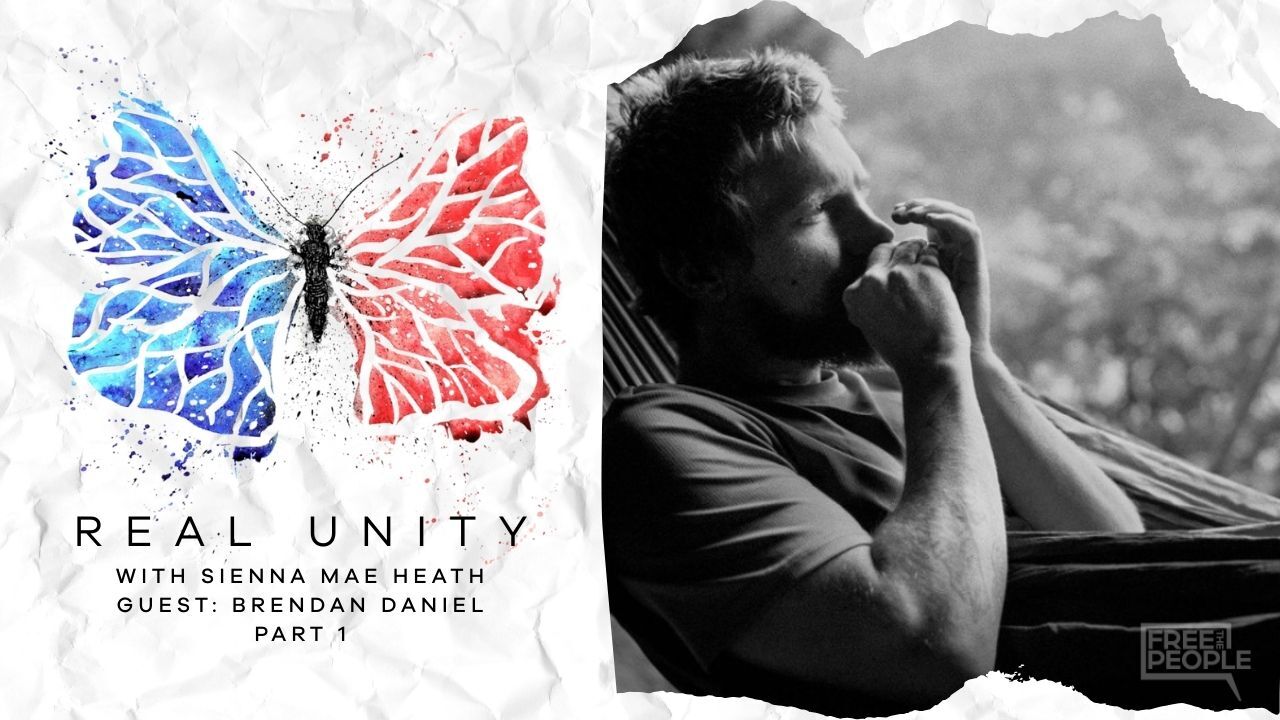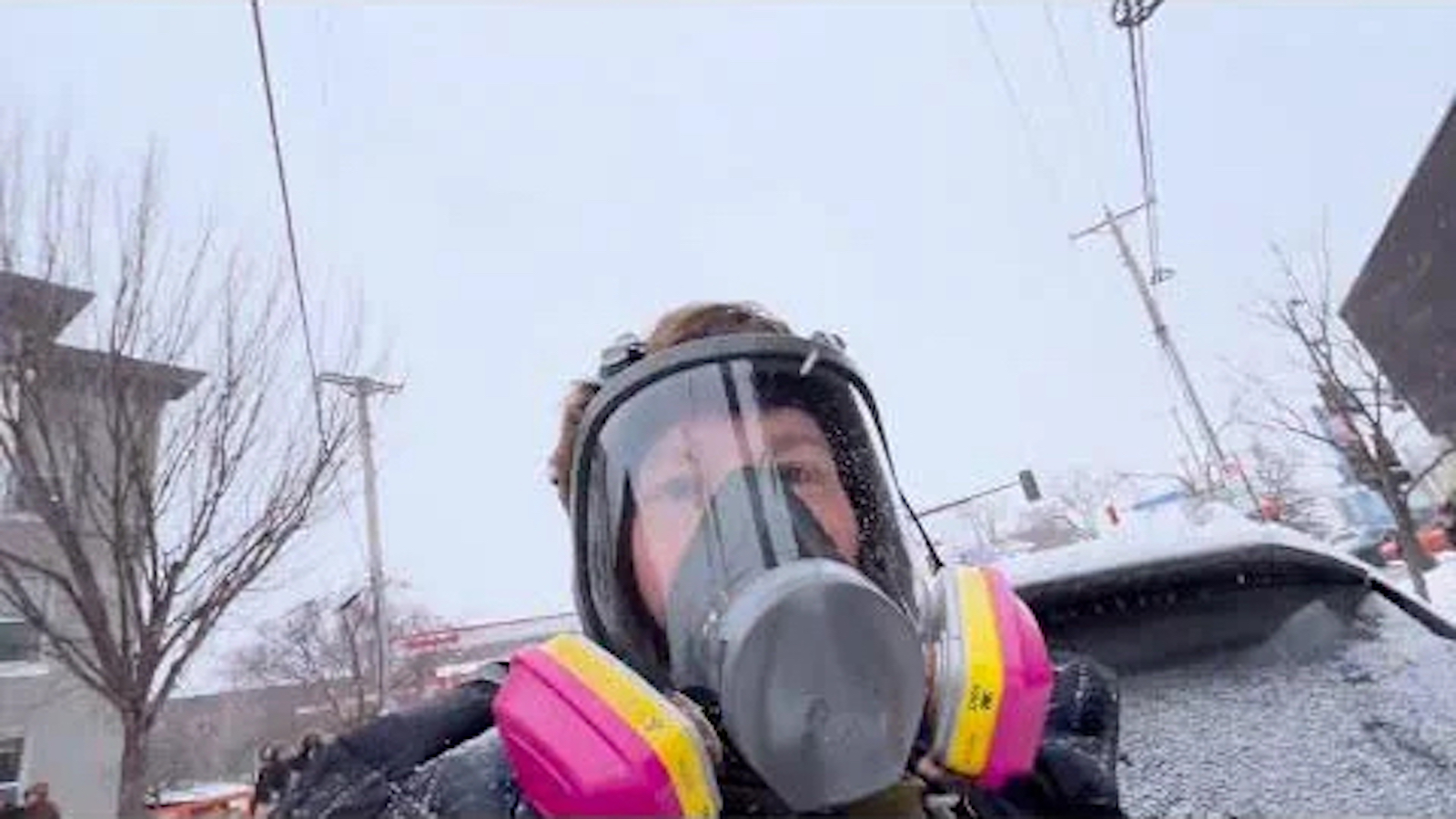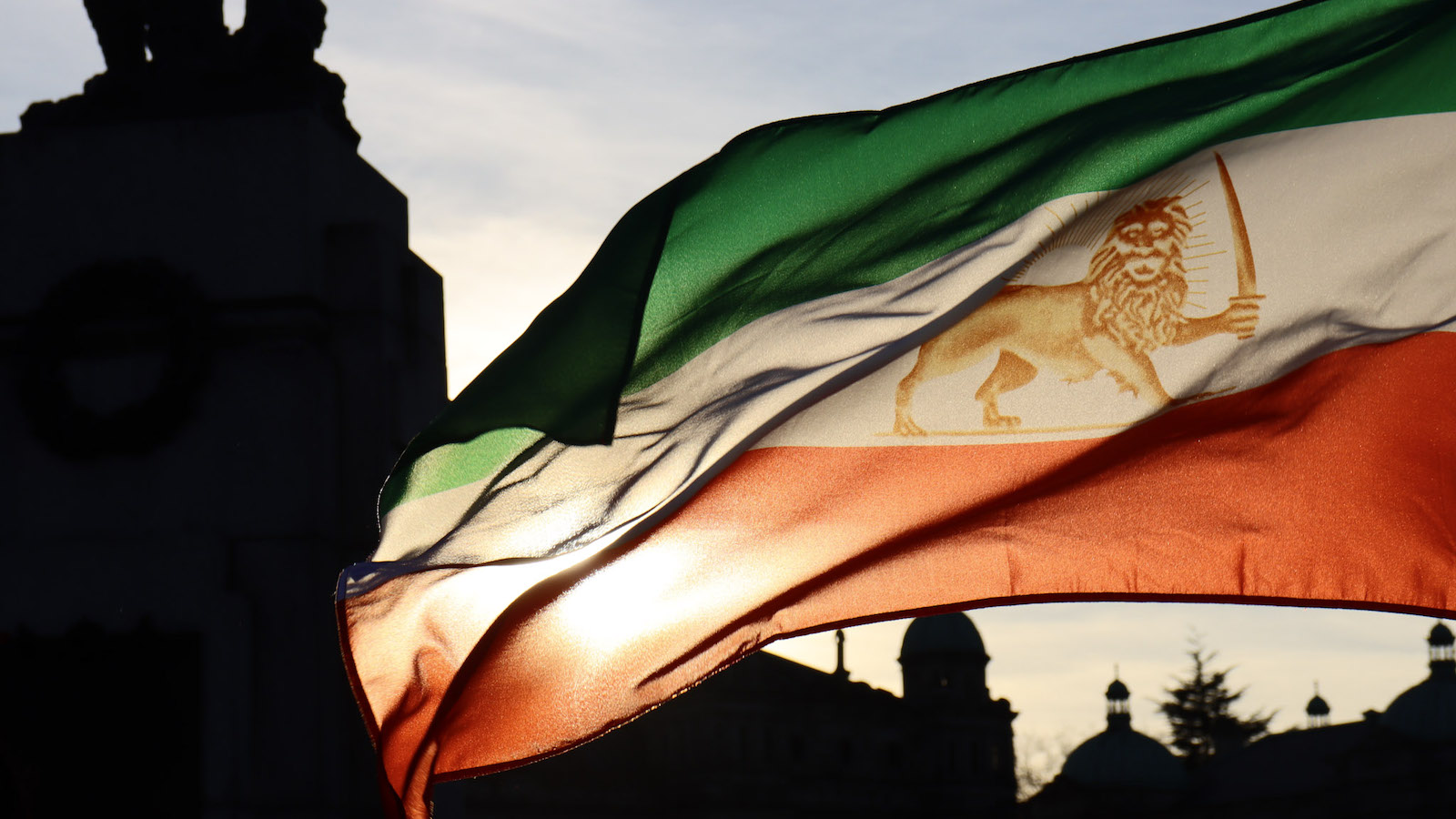
Rich Men North Of Richmond
Alright, I’ll jump in too.
The Ginger Growler, otherwise known as Oliver Anthony, released a sensational song,”Rich Men North Of Richmond” and it has struck a chord with me; as well as for so many people in what’s left of Western Civilization. It is a bell that cannot be unrung. Somehow, in three minutes, he touches on everything from the extortion of the American worker to the darkness of Epstein island. As a fellow musician, it’s actually nothing special, four chords, a simple vocal line, and a traditionally southern folk melody… but it packs a serious punch. It’s dark witted, poignant, and rightly places the blame on the tuned-out Paleolithic monsters in the cesspool of Washington, DC.
We are at a crossroads as a society. Rightly or wrongly, the leading candidate for one of the major political parties (Mr. Trump) faces 3,489 years in prison… and when that’s over he can look forward to the death penalty. The Democrats are silencing the only populist candidate they have foisted in years in Robert F. Kennedy Jr. All of the other mainstream voices that come crawling out of the rotting corpse of the Federation during election season, look the same as they ever were. The list of supporters for Mike Pence is astonishing I’m sure—Mr. Dynamic probably has all the solutions just up his sleeve if only we’d trust him. (Nixon had a plan to end Vietnam too—you just had to elect him to find out what it was.)
We’ve been here before. The 1960’s were tumultuous. The Vietnam War, assassinations, cultural disruption, the dissipation of the value of money via the end of Bretton Woods all looked like a teenage Empire’s adolescent, ill-informed choices that came from being a country that wasn’t ready for the moment it arrived upon. There was chaos in the streets, at political conventions, on college campuses—anywhere there could be trouble, there was. Which brings me back to Oliver Anthony. The last time this societal train wreck happened, amazing music was created from the tumult. Buffalo Springfield’s anthem “For What It’s Worth” about the Vietnam war said exactly what people were feeling. It resonated in a way that birthed an entire genre of protest music. Every artists’ creations, from Bob Dylan’s “The Freewheelin’,” to Marvin Gaye’s “What’s Goin’ On,” made sure that the music was calling into question the leadership of a nation and dismantling the narrative that government was to be trusted simply because it was… the government.
I’m curious in this moment, where are the old Rockers? During the totalitarian COVID lockdowns, most of them, fearful for their own wellbeing were chiming in with Big Pharma and telling those of us who wanted medical autonomy that it was the unwashed masses that were the problem. They set their guitars down to shrill for the Cabal. Politicians begged them to help control the narrative. It was important for the celebrities who once wrote songs about how to be suspicious of “what was going on” to now mask up and tell us to look the opposite way from the dumpster fire of government and authoritarianism because the government is… the government. So how exactly does that happen? Did all of their singing and anti-authoritarian instincts from the 60s and 70s get cured by the gracious hand of their benevolent dear leaders? Did the Democrats or Republicans solve the real issues of war or privacy or the destruction of the middle class? Frankly, everything they sang about during the height of their cultural influence only got worse. We watched as our money went from bad to toilet-wipe-worthy and the government reached into every crevasse of our lives and decided that we needed to be obedient. The authorities took on more ill-advised wars, even more errant than the one the artists were singing about in their youth. The American people watched as the cultural warriors of protest became hollow acquiesced shells of themselves.
I love the music of the 60s and 70s. It is what I grew up listening to and it was powerful. The lyrics were meaningful and questioning of the right things. Artists were a check to the authority. Their lyrics made people think and they wrote music, famously, not for commercial success but to say what was important. I will concede that most of these people are as old as the curmudgeons serving in Congress and that the spirit of rebellious youth likely has left them long ago with the filling of their bank accounts. But I also know the Boomer generation—and they don’t relinquish or acknowledge their age well. This is the generation that never lets go of their places of authority or recognizes that they might be long past their prime. So it’s curious to me that in this moment we can no longer look to these generational anti-authority heroes for anything besides their latest pitch for a pharmaceutical that fixes their blood pressure in their hearts or in their once overused lower appendages. The art of today is stagnant, milquetoast noise that contributes very little to our quickly molding culture. Art is supposed to make you think. It is supposed to challenge presuppositions and say the things out loud that you say under your breath. If we were to compare the topics of “What’s Goin’ On” to the topics of Taylor Swift’s “Speak Now” there’s no comparison to the cultural impact. Yes, she can draw a crowd and her talents are great, but the cultural contribution to thought and discourse, one might say, may be lacking. One verse and chorus of Gaye’s masterpiece let you know this was going to be a different conversation. There has always been bubble gum music, but the difference of then versus now is that the bubble gum wasn’t as significant in framing the cultural conversation.
So out of the woods and hollers of Appalachia came an explosive song. A single condenser mic and a Resophonic guitar tuned down and capo’d up with the sounds of crickets in the background. Its simple melody is currently penetrating the social megaphones of Twitter and Instagram and people are taking steep notice. Oliver Anthony, in three minutes did what most of us have been wanting art to do for so long. He said it all out loud and left it there, echoing in the woods of the Blue Ridge. He let everyone know who was at fault. He said what the faults were. He sang the protest that every aching back of a poor man sings each morning. He paraphrased the psalms of David about the wicked and let us know it wasn’t the Philistines this time, but the wicked of Washington that are the problem.
There is a cultural shift coming. If the artists of this generation are singing again about how the system is at best disingenuous and at worst a dark force of evil, we have a small light of hope out there. Art should be more like “Rich Men North Of Richmond” and less like the politically monolithic mayonnaise pushed out to the culture for their forced consumption. There’s liberty in bold art. It fights against the drone of dumbness and helps people be brave. We need more of this and not less—and interestingly, we are seeing it from the uncultured corners of our citizenry and it’s resonating like Anthony’s guitar, with more than just the choir.
Free the People publishes opinion-based articles from contributing writers. The opinions and ideas expressed do not always reflect the opinions and ideas that Free the People endorses. We believe in free speech, and in providing a platform for open dialogue. Feel free to leave a comment.




John Hinksly
Well said, Aaron. I am definitely a fan of Rich Men North Richmond, and just like the majority of people that reacted to this song (youtube), I felt the same. To be honest, I was confused as to why I cried as I listened to the song. As I thought it through, I realized that I had never heard anything like this in my generation (Millenial (81′ )). All I’ve ever listened to was what the music industry pumped out, so between the song, the simple nature of the guitar and the amount of emotion that Oliver expressed in them, it was definitely overwhelming (and still is).
Reading articles and watching videos on any of the areas that Oliver covered, is one thing, but his song hit the vein in a way nobody has ever seen before, and I mean that in a factual manner. It wasnt just the reach, but that he made musical history by hitting #1 on the Billboard Hot 100 with absolutely no record of being on any music charts prior to, and then managed to hold that #1 position for two weeks. Think about it… the Billboard Hot 100 came into being in 1958, and all of the artists, no matter how famous they were, could do what Oliver did by coming out of nowhere with one genuinely heartfelt song, that covered the areas that everyone around the world knows are dead center, as points of mounting frustration and anger.
I believe this song hit peoples emotions in exact proportion to how much bottled up frustration and weariness we’ve felt with the destruction that has been happening to our country, from what we remember growing up.
If you havent heard Oliver’s second well known song, I Want To Go Home, take a minute off for it. I feel that it flows very well with Rich Men North of Richmond, and is definitely worth the time (2:45).